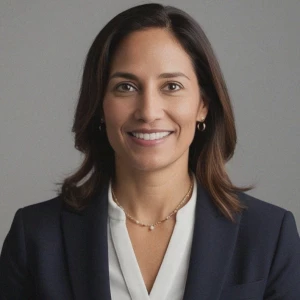Hello everyone,
I’m an international student currently in the second year of a Finance Master’s program at LSE and considering applying for investment banking roles. I completed my undergrad at a non-target European university with a solid GPA, but most of my experience has been in research and part-time internships, not much in terms of leadership or heavy transaction exposure.
I tried applying last year and didn’t get through, so I want to make sure I approach it more strategically this time. My questions are:
- How can I best strengthen my application given my background?
- Will banks view it negatively that I didn’t come from a traditional target undergrad?
- As an international student, do bulge brackets typically sponsor visas for non-MBA hires?
- Any additional tips for positioning myself better in recruiting?
Thanks a lot for your advice!








